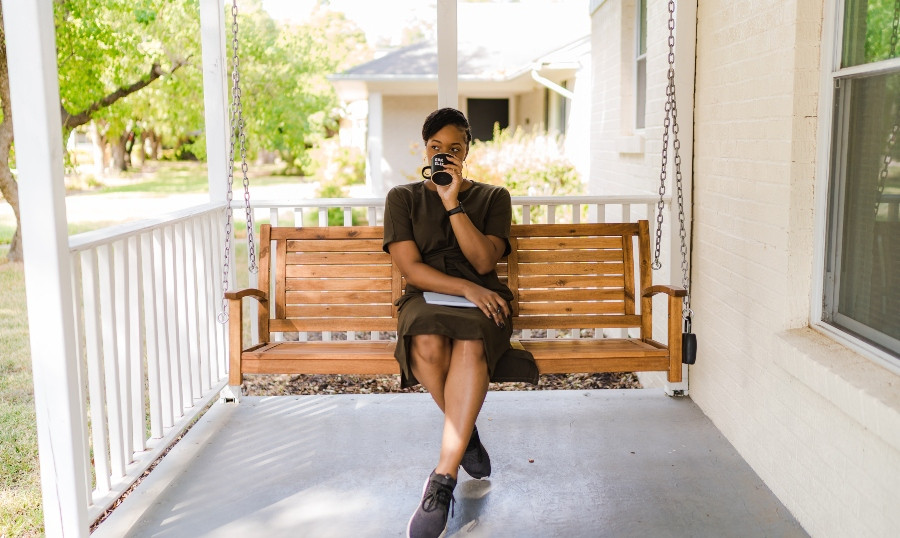That means working out your mortgage situation, which also means we need to spend some time talking about at least three things.
Affordability, mortgage type, and future options if you miss your mortgage payments.
How much can I really afford?
You’ll need expert help to answer this question. It’s important that you don’t just look at whether or not you can afford the monthly mortgage payment. You also need to consider factors such as whether or not the home needs substantial repairs. What will insurance cost you? You need to think about the down payment. If you put down less than 20% of the home’s value, you’ll have to pay for mortgage default insurance. Don’t forget that you’ll also have to cough up cash for closing and legal fees.
What type of mortgage loan will work best for me?
Again, I suggest you enlist the help of an expert to steer you through the minefield of finding a high-quality, low-cost lender. Your adviser can help you think through the advantages and disadvantages of different lenders and different types of loans. An experienced adviser will also educate you about all the options so you can be certain you’re making the best choice for your financial needs.
What happens if I can’t afford the monthly payment at some point in the future?
No one wants to think about this, but life changes over the course of a 30-year mortgage. For example, between March 2020 and April 2021, when the pandemic was at its worst, as many as 1 in 5 Canadians missed a bill payment according to a study by Borrowell that was published in the *Mortgage Broker News. Missing payments lower your credit score and limit your options. If you are ever in danger of not meeting your financial obligations, you need to take immediate action. Call your lender as soon as you recognize a problem. No reputable lender wants to take someone’s home. Your next call should be to a trusted adviser. The sooner you call, the more we can do to help.
Perhaps the best way to avoid the pitfalls of mortgage default is to take steps now that will improve your financial position before you purchase your home. I always recommend people create budgets and stick to them. The best budgets include a plan for paying back all your debt as well as weaving a financial safety net. An excellent budget also includes setting aside money from every paycheck for your future. I suggest the classic 50-30-20 rule. When you get paid, immediately put 20% of every dollar you earn into savings. Then, budget about 50% of your take-home pay for the things you need (such as food and shelter) and 30% for the things you want (such as entertainment.)
While you’re creating a budget, take a hard look at your spending and earning habits. Small changes now set you up to reap huge rewards later. First of all, stop using credit cards today. No one can afford to pay the crazy interest rates they charge. Secondly, figure out a way to increase your earnings. Can you go back to school and earn a certification that lands you a better-paying job? Enroll today. When was the last time you got a raise? I bet it’s been a while. That means it’s time to ask for one. Few of us ever ask for a raise, but the reward for doing so is huge. A **PayScale.com study shows asking for a raise pays off about 70% of the time.
No matter what stage of life you’re at -- preparing to buy your first home or getting ready to retire -- you should be working with a trusted financial adviser who can suggest new ways to put your money to work for you.
Source material:
*Mortgage Broker News, "How many Canadians Missed Their Payments During The Pandemic", Ephraim Vecina (April 30, 2021)
**Payscale.com, "Are You More or Less Likely To Get a Raise Than Your Co-workers?" Jingcong Zhao (June 4, 2018)

 By
By 








